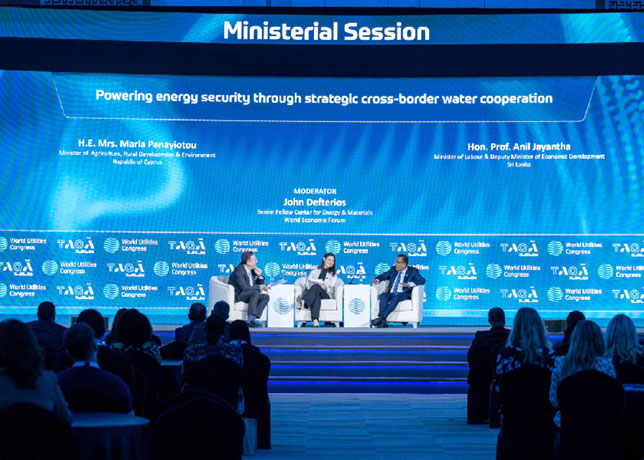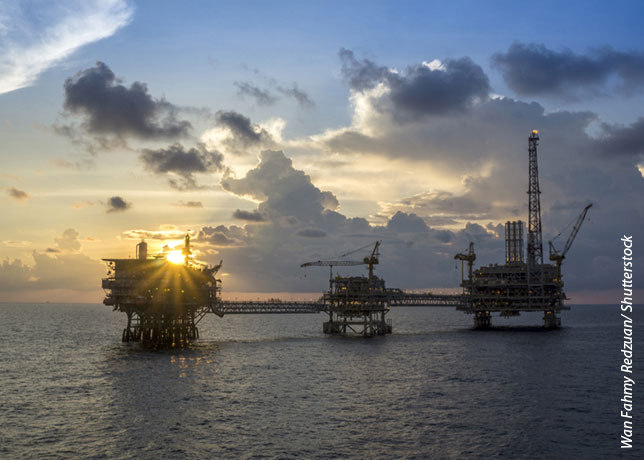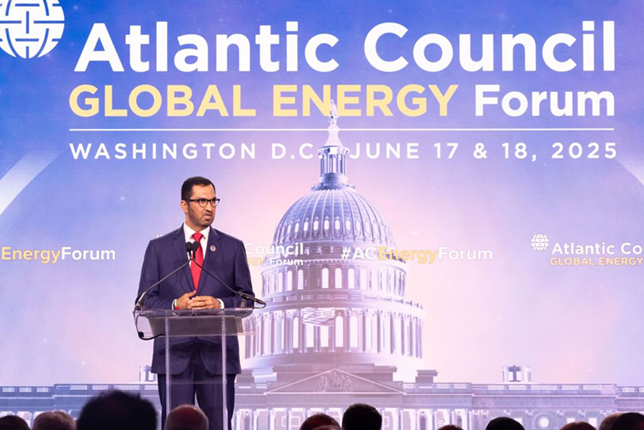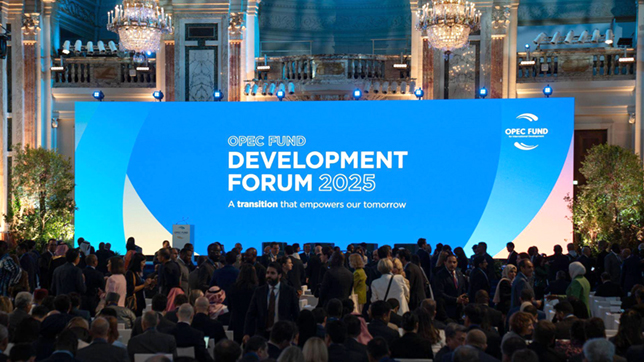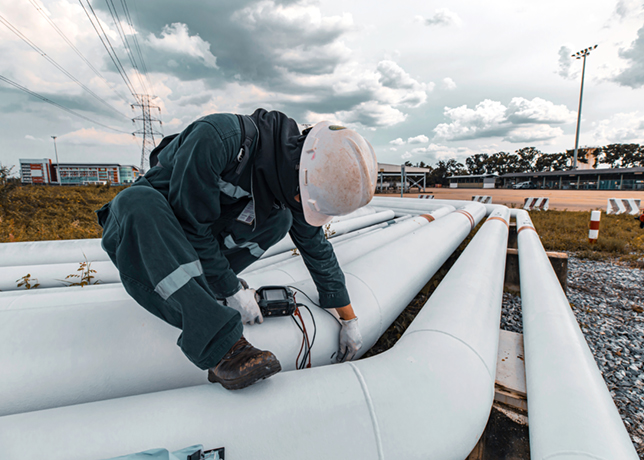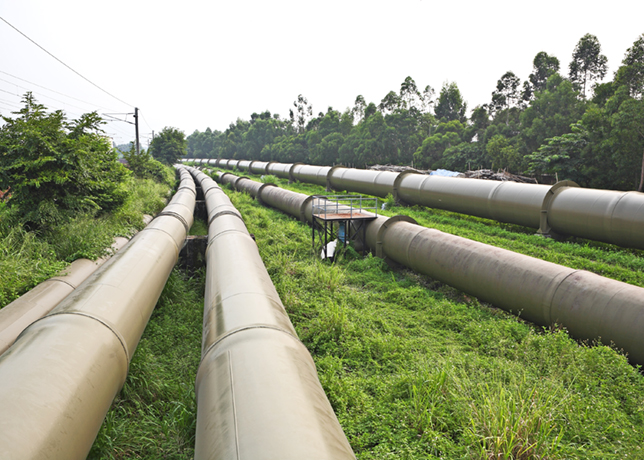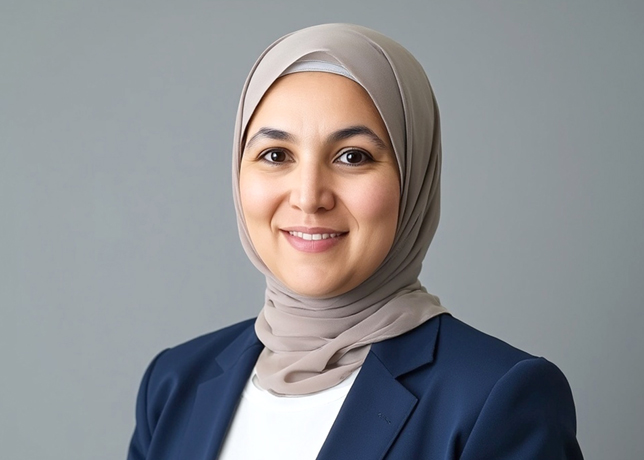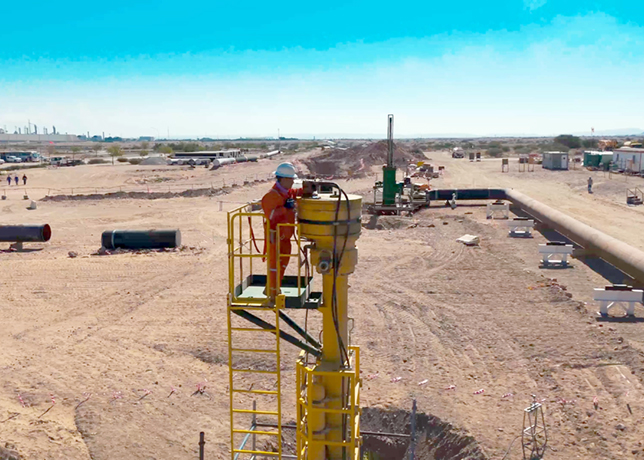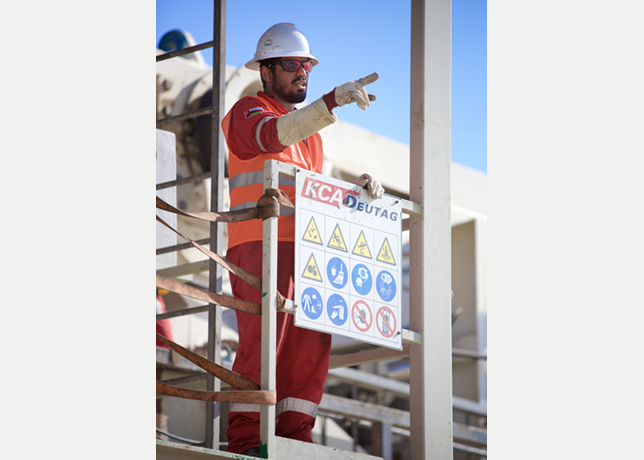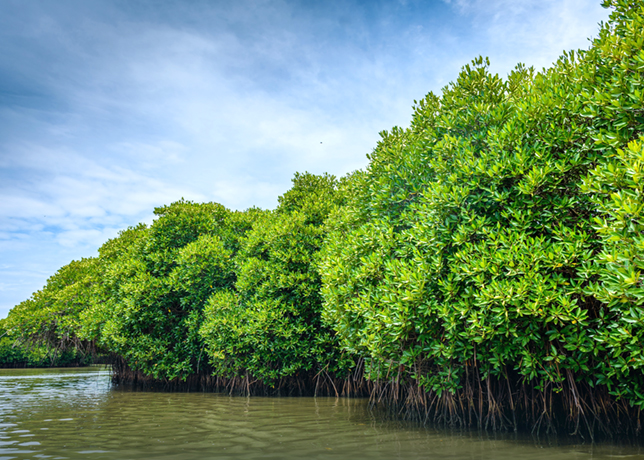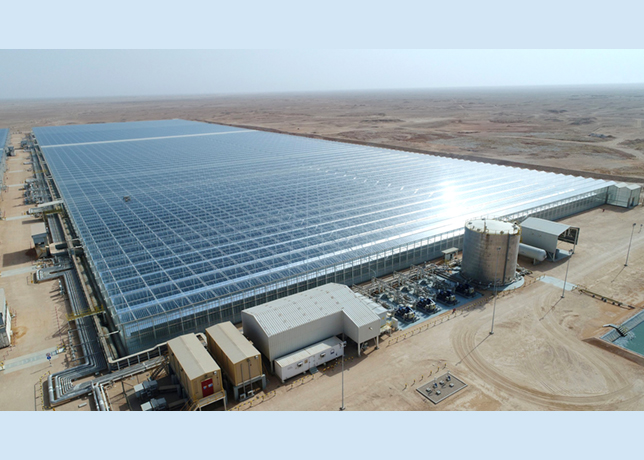
 China’s burgeoning oil consumption has increased overall global demand
China’s burgeoning oil consumption has increased overall global demand
Saudi Aramco will do whatever it takes to provide the world with a steady supply of energy for decades to come, senior vice president of Engineering and Operations Services Salim S Al-Aydh assured attendees at the recent Cambridge Energy Research Associates (CERA) East Meets West Conference.
Aydh acknowledged that despite predicted energy demand growth of more than 50 per cent by 2030, “details of the picture remain rather uncertain.”
On the supply side, he said that, in addition to the shifting production levels between Opec and non-Opec producing countries, the development of non-conventional sources such as heavy-oil reserves must be evaluated and their long term effect on supplies considered.
With respect to demand, he pointed out that China’s burgeoning oil consumption has certainly increased overall global demand, but future trends in that country are speculative. Other factors that could impact demand are the energy policies and tax/tariff structures of consuming countries, and volatile market prices - though rising prices have had little effect on demand, for now.
Aydh listed five “surface” factors that he believes will impact oil supply expansion more than anything else:
• Limits on exploration activities due to environmental concerns;
• Constraints in refining and transportation capacity;
• Local, regional and global political issues;
• The need for substantial infrastructure investments all along the value chain; and
• Energy policies, governmental regulations and permitting limitation.
“Regardless of the projections and the supply-demand scenarios,” Aydh stated, “I do believe that there will be adequate supplies of petroleum available for many decades to come.
“Around the globe, rig counts are up, announced refining capacity expansions in the next five years total some six million barrels per day, and shipbuilders are stretched to their limits because of new construction.”
Aydh went on to outline what Saudi Aramco is doing to be part of the solution. He mentioned half a dozen major oil production projects currently in progress with a combined production capacity of three million barrels per day (mbd). Through overseas joint ventures, the company is expanding its worldwide refining capacity as well as preparing to build two new domestic export oriented refineries with a combined capacity of 800,000 barrels per day.
Work on the refining/petrochemical integration project, PetroRabigh, is moving forward, as is construction of several new tankers for Saudi Aramco shipping subsidiary Vela.
“The scale and complexity of these current and future projects are considerable, and the challenges we face are enormous,” Aydh admitted. “However, given our combination of vast experience and know-how, qualified people and integrated project teams, and material resources and innovative processes, Aramco will meet those challenges, and reap the considerable opportunities that they represent.”










